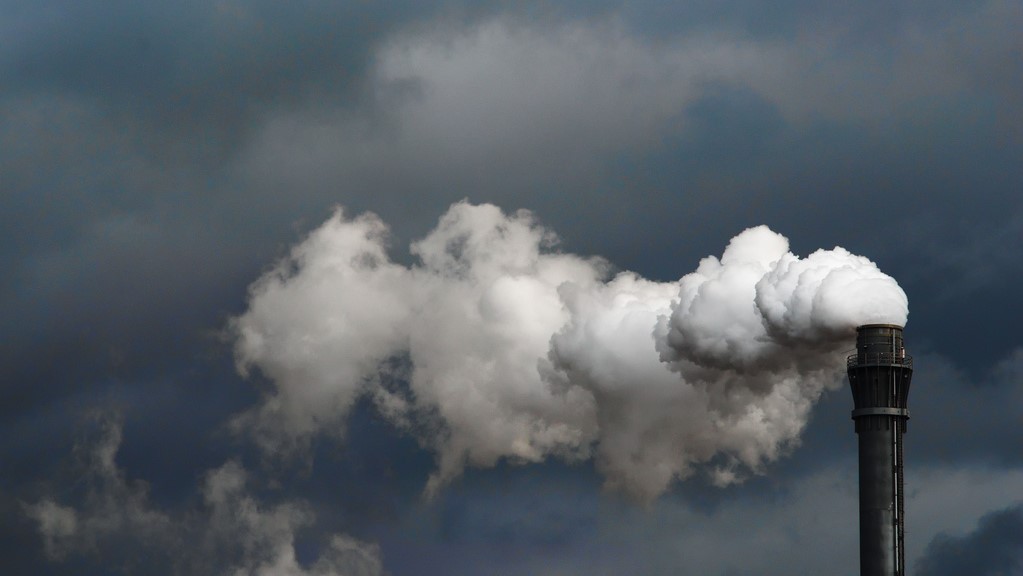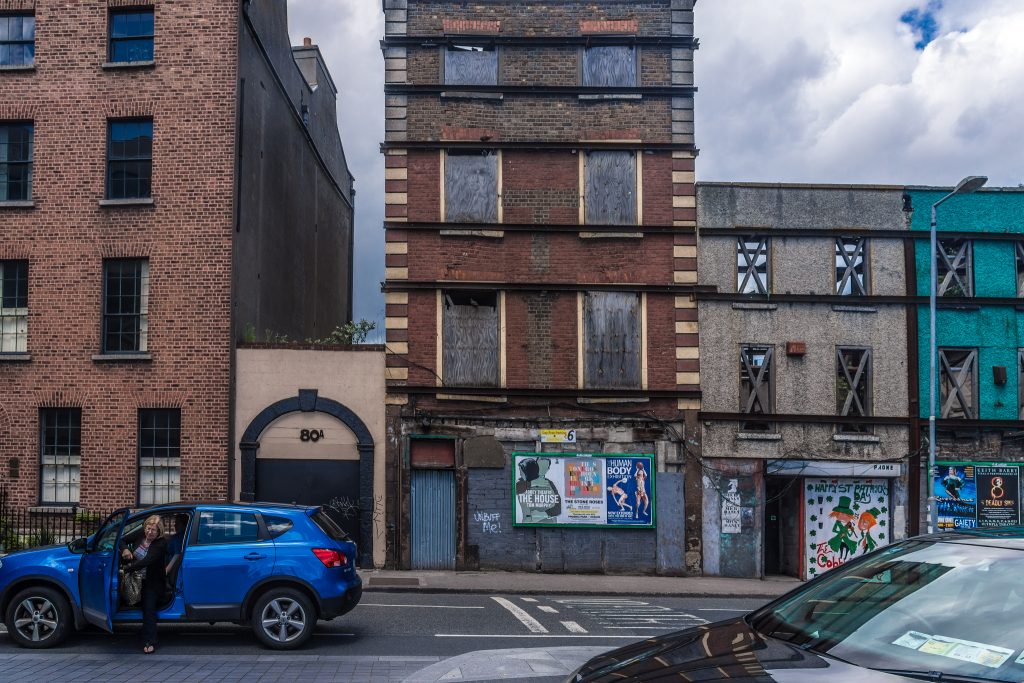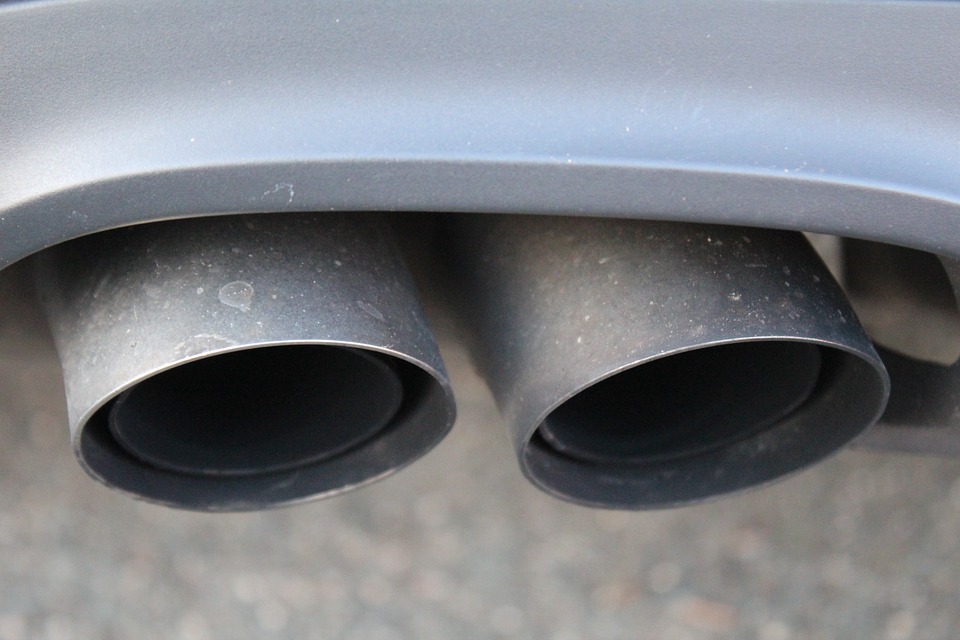Budget 2019: Environmental groups call for carbon tax hike

October 1st, 2018
The Government needs to take action to tackle “out of control” emissions and an “unacceptable” housing crisis in Budget 2019, Ireland’s largest environmental coalition has said.
Launching its Budget 2019 proposals today, the Environmental Pillar called on the cabinet to support three tax policies it says will protect the environment as well as tackling the “escalating housing crisis”.
To tackle Ireland’s increasing emissions, the Pillar is proposing an increase in the carbon tax, alongside an increase in the diesel levy to match the same level of petrol.

Industrial Emissions Photo: Dirk Duckhorn
Taxing Emissions
Last month, the Taoiseach said that Budget 2019 will include an increase in the carbon tax, currently €20 per tonne, to help Ireland meet its obligations in tackling climate change.
The Climate Change Advisory Council has recommended that the tax is bumped up to €30 per tonne in Budget 2019 as an “essential component” in achieving a low-carbon transition by mid-century.
The Pillar proposal goes further and suggests that the new rate of carbon tax should start at €70 in 2019 and then rise by a further €5 a year.
Half of the revenue should go directly to the people of Ireland in a carbon dividend shared to every adult, the coalition said.
The other half, the Pillar proposal states, should go into a fund to protect workers and communities in the move away from peat and coal, as well as funding energy-saving measures such as retrofitting.
Pillar’s spokesperson Charles Stanley-Smith said that the tax is “a lever that we can pull immediately” to support the State’s long-term targets such as the retrofitting of 45,000 homes by 2021.
In addition, a hike in the carbon tax may help Ireland to meet its binding EU targets and avoid multi-million euro fines that it is facing.
“We can either have a carbon tax or reduce the amount of fines we are to pay or we can face higher fines that the average Joe will ultimately have to dig into his or her pocket to pay,” he added.

Ireland older housing stock North King Street Photo: William Murphy
Site Value Tax
The Pillar also stated today that a site value tax – a tax on the potential value of land – would help to “tackle rampant land hoarding and empty properties” dotted across Ireland.
Figures from the 2016 Census show that there are at least 180,000 vacant homes across Ireland, with new data pointing to almost 200 sites and properties lying empty in Dublin.
Mr Stanley-Smith said that the tax could be a “game-changer” in dealing with the housing crisis, with an estimated 10,000 people, including children, currently homeless.
He said that a site value tax would encourage the efficient use of land as investment in real estate, such as building for high density in Dublin, does not lead to a higher tax bill.
The traditional property tax on both the land and the building discourages landowners from investing in the development of land or construction on it, he added.

Exhaust Gases Car Exhaust Fumes Grey Exhaust Auto Photo: Max Pixel
Diesel Levy hike
The Pillar’s Oisin Coghlan also argued for a hike in the diesel levy due to the climate and health risks associated with emissions from diesel-powered vehicles.
Diesel is currently charged at 11c less per litre than petrol, with the European Commission warning the State to even out this “environmentally unjustified” gap.
Mr Coghlan said that the Pillar informed the State before last year’s budget of the link between diesel emissions and the likes of Alzheimer’s, slower brain development in children and preterm births.
Last July, the Department of Finance’s tax strategy group itself found that dieselisation is a “growing issue” that, if left unaddressed, will “result in negative environmental and health outcomes”.
In the end, however, Mr Coghlan said that Budget 2018 included nothing that reflected the “urgency to remove the beneficial treatment diesel fuel enjoys in our country”.
The OECD has said that this preferential tax rate has “little economic, social or environmental rationale”, which, the Economic and Social Research Institute found this year is costing the State €500 million a year in potential revenue.
[x_author title=”About the Author”]







